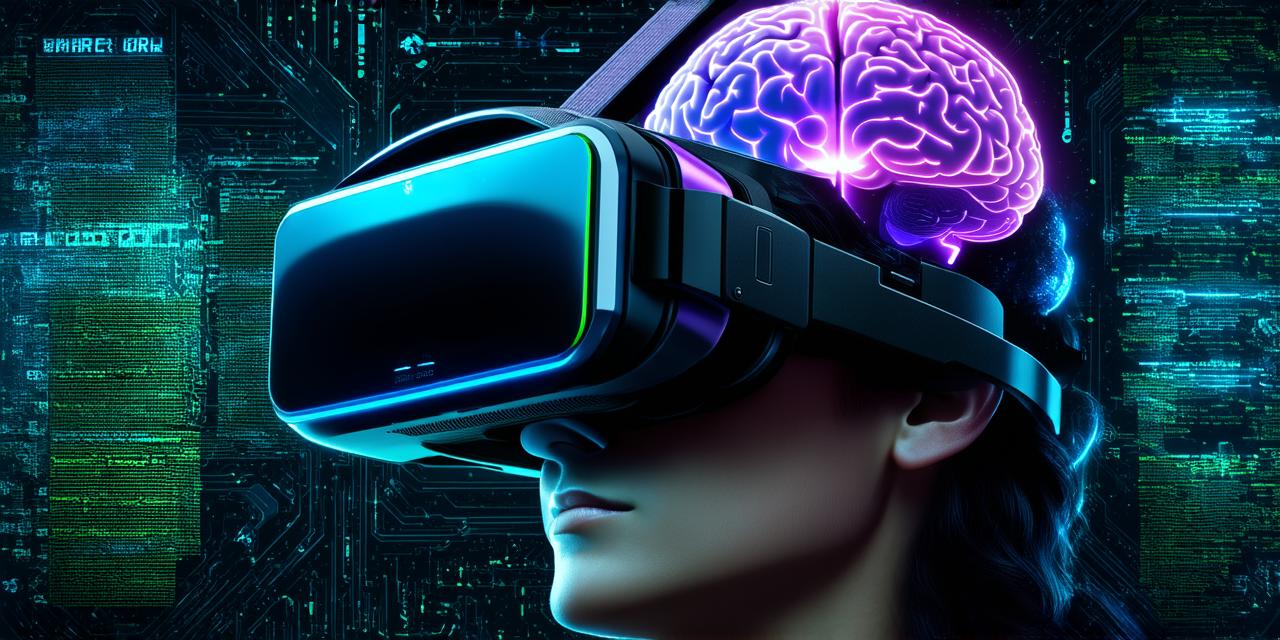Virtual reality (VR) has been gaining popularity as a form of therapy in recent years. The immersive experience of VR can provide a safe and controlled environment for individuals to confront their fears, anxieties, and traumas. In this article, we will explore the reasons why some people advocate for virtual reality as a form of therapy.
Benefits of Virtual Reality Therapy
One of the main benefits of VR therapy is that it allows individuals to confront their fears in a controlled environment. This can be particularly useful for individuals with anxiety disorders, such as social anxiety or panic disorder. By exposing themselves to their fears in a virtual environment, they can gradually learn to overcome them and develop coping skills.
Another benefit of VR therapy is that it can be used to treat a wide range of mental health conditions. For example, it has been shown to be effective in treating post-traumatic stress disorder (PTSD), depression, and anxiety disorders. Additionally, VR therapy can be used to treat substance abuse, phobias, and even chronic pain.
Cost-Effective and Accessible Therapy

Virtual reality therapy can be a cost-effective and accessible form of therapy compared to traditional forms. It eliminates the need for individuals to travel to and from therapy sessions, which can be time-consuming and expensive. Additionally, VR therapy can be administered remotely, making it more accessible to individuals who may not have access to in-person therapy due to geographic location or other barriers.
In conclusion, virtual reality therapy has several benefits that make it an attractive option for some people. It allows individuals to confront their fears in a controlled environment, can be used to treat a wide range of mental health conditions, improves outcomes compared to traditional forms of therapy, and is cost-effective and accessible. While there may still be limitations to VR therapy, its potential benefits make it an important area of research and development for the future of mental health treatment.



